This book is a publication of
Indiana University Press
Office of Scholarly Publishing
Herman B Wells Library 350
1320 East 10th Street
Bloomington, Indiana 47405 USA
iupress.indiana.edu
Telephone orders 800-842-6796
Fax orders 812-855-7931
2015 by Robert Lorway
All rights reserved
No part of this book may be reproduced or utilized in any form or by any means, electronic or mechanical, including photocopying and recording, or by any information storage and retrieval system, without permission in writing from the publisher. The Association of American University Presses Resolution on Permissions constitutes the only exception to this prohibition.

The paper used in this publication meets the minimum requirements of the American National Standard for Information Sciences Permanence of Paper for Printed Library Materials, ANSI Z39.48-1992.
Manufactured in the United States of America
Cataloging information is available from the Library of Congress.
ISBN 978-0-253-01514-3 (cloth)
ISBN 978-0-253-01520-4 (paperback)
ISBN 978-0-253-01527-3 (ebook)
1 2 3 4 5 20 19 18 17 16 15
In loving memory of Sonia, Vincent, and Peter
Acknowledgments
T his project began with a series of questions about sexual health in southern Africa, questions that I was able to explore because of the generosity and mentorship of my dissertation adviser, Richard Borshay Lee. I will be forever grateful to him for providing me with the opportunity to study in Namibia. There are others at the University of Toronto to whom I owe a debt of gratitude. Sandra Bamford offered much intellectual guidance and encouragement throughout the early phase of my research. Her warmth and brilliance have left a lasting imprint on how I practice anthropology. I am also grateful to Bonnie McElhinny for challenging me both intellectually and politically as I formulated my study. I thank Michael Lambek for posing important theoretical questions that I explore in this book. Other fine minds at the University of Toronto shaped the way I conducted this research, including those of Hilary Cunningham, Hy Van Luong, Gavin Smith, and Holly Wardlow. I thank Stephen Brown, who is now at the University of Ottawa, for his always stimulating discussions with me on sexuality studies and social movements. My research in Namibia also gained much from sharing conversations, papers, and good-natured debates with Rinaldo Walcott. Studying with the social philosopher Brian Pronger was also an immense treat. His graduate seminar on the body and transcendence radically transformed the way I approached my research in Namibia.
In Toronto I had the good fortune of being surrounded by a circle of peers who were also completing their dissertations, including Marnie Bjornson, Saul Cohen, Irma Molina, Manuel Sevilla, Monir Moniruzzaman, Emma Varley, Jie Yang, and Jude Fokwang. I have learned much from hearing about their work and from the questions and ideas we discussed. A large debt of thanks is owed to my dear friend and intellectual comrade Maureen Murney, whose thoughtful comments at every stage of this project have been truly invaluable. I miss our regular excursions to the Toronto Womens Bookstore, which always left us broke but happy. Supervising anthropology and health science students in Namibia allowed me to learn from Ayaana Jean-Baptiste, Michael Callaghan, Melanie Campbell, Fotis Kanteres, Sandra Kendall, Ilona Kosova, Josh Lalour, Jing Jing Liu, Caitlin Mills, Nadia OBrien, Jennifer Quinlan, Kate Rice, Nicole Rigillo, Alex Teleki, and Leonard Tooley.
Richard Parker, who kindly agreed to be my PhD examiner, invited me to Columbia University to present a significant portion of the work that appears in this book. My thinking greatly benefited from his feedback and the conversations I had with other scholars working at the Mailman School of Public Health at that time, especially Mark Padilla, Theo Sandfort, and Robert Sember. My brief time spent at McGill University in Montreal for a postdoctorate degree gave me the chance to interact with a circle of thinkers who stimulated new questions about my research in Namibia. Immense gratitude is owed to my former postdoctoral adviser and dear friend, Vinh-Kim Nguyen. There arent enough words to thank Vinh-Kim for sharing his insights, humor, bookshelves, and splendid meals with dynamic mixes of people. Through Vinh-Kim I made new intellectual companions whom I must thank: Emily Frank, Sean Brotherton, Kristin Peterson, and Jafari Allen. Emilys comments on earlier versions of this manuscript were particularly helpful in sharpening my thinking.
In 2008, thanks to the dean of the Faculty of Health Sciences, John ONeil, I was fortunate to find an intellectual home for a short period at Simon Fraser University in Vancouver. There I benefited greatly from the generosity of faculty, especially Susan Erikson and Nicole Berry. Both gave tremendously insightful, detailed, and always constructive critical feedback on earlier drafts. At Simon Fraser I was also thrilled to have the chance to converse with Stacy Pigg and to learn from such an agile and creative mind. My current home at the University of Manitoba provides me with an exciting community of health researchers whose work both fascinates me and stimulates my intellectual interests in sexual health on a daily basis. I am particularly grateful for the intellectual camaraderie of Patricia Kaufert, Joe Kaufert, Sharon Bruce, Susan Frohlick, Stephen Moses, James Blanchard, and Deborah McPhail. I formed a particularly close intellectual friendship with Sushena Reza-Paul and Shamshad Khan. I am thankful to a number of graduate students at the Centre for Global Public Health, especially Claudyne Chevrier, Elsab du Plessis, Anthony Huynh, Leigh McCarty, Souradet Shaw, and Laura Thompson, for their intellectual enthusiasm, inquisitiveness, and challenging questions.
I have been truly blessed to have had anonymous reviewers who provided close readings of earlier versions of my manuscript. They kindly identified themselves to me as Marc Epprecht, Karen M. Booth, and Paul Geschiere. Significant improvements from these earlier versions are the result of their extremely astute feedback. Any shortcomings in this book, however, lie solely with me. I was also very fortunate to have worked with the senior sponsoring editor at Indiana University Press, Dee Mortensen. Dee showed tremendous patience and wisdom in guiding me through the entire book production process. I am also grateful to the production staff, including Sarah Jacobi, Nancy Lightfoot, and Rhonda Van Der Dussen and copyeditor Jill R. Hughes, for their superb work in bringing this book to fruition.
I am of course most grateful to the Rainbow Youth and the staff of the NGOs (the Rainbow Project, Sister Namibia, the Legal Assistance Centre, and the Danish development organization known as IBIS) in Namibia who support the well-being of sexual minorities in Namibia and who facilitated many aspects of this project. Over the years I have conversed with and interviewed more than 240 members of the Rainbow Youth. I hope this book does justice to the time and energy they devoted in sharing their experiences and perspectives with me. Special thanks to the staff and volunteers of the Rainbow Project: Linda Baumann, Friedel Dausab, Florence (Whoopi) Hanson, Madelene Isaacks, Carol Millward, Steve Scholtz, Ian Swartz, and the many others whose names I have omitted to protect their anonymity. For showing their supportive interest during my fieldwork, I am thankful to the following scholars: Dana-Ain Davis, Thomas Falk, Liz Frank, Kathe Hofne, Dianne Hubbard, Sckolastika Ippinge, Elizabeth Khaxas, Denise Moongo, Joshua Moses, Cheryl Mwaria, Annelie Odendaal, Michael Prpper, Henriette Rispel, Monica Ruiz-Casares, Ida Susser, Philippe Talavera, and Beatrice Zandelowski. During my stay in Walvis Bay, Stewart Langenhoven and Ricardo Amunjera were instrumental in helping me to conduct my research. Their friendship made the town feel like a second home to me. While in Keetmanshoop, Denise Moongo not only connected me to research participants but also helped me to think through the meanings of what I was observing in the town. Tangi Shiyuka facilitated almost every aspect of my study in Oshakati and Ongwediva. I also wish to thank Frank Fielding for assisting with my Afrikaans and Nama/Damara lessons and for lending a supportive ear during my research in Windhoek.


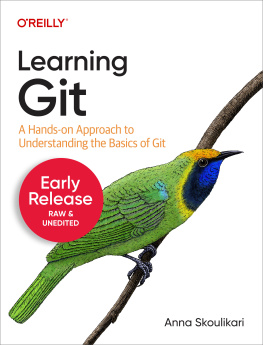
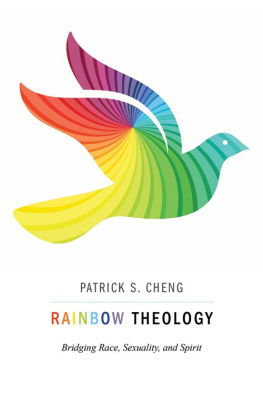
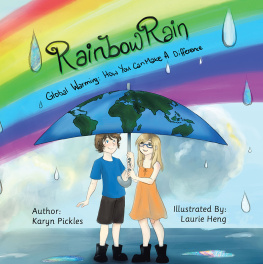
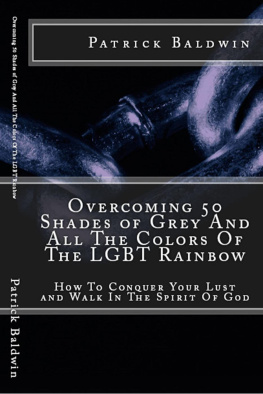
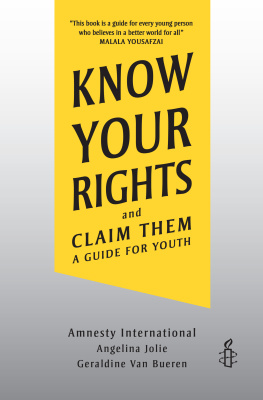
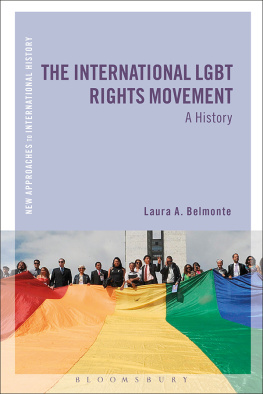
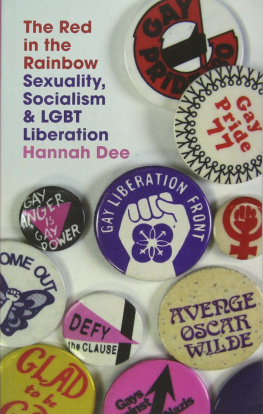
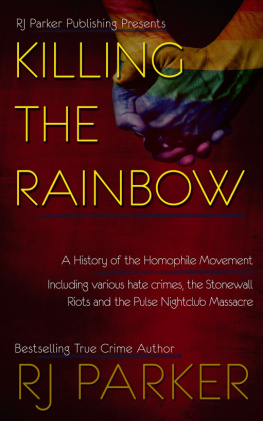
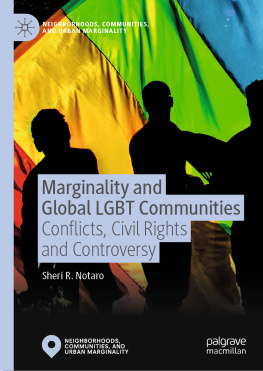
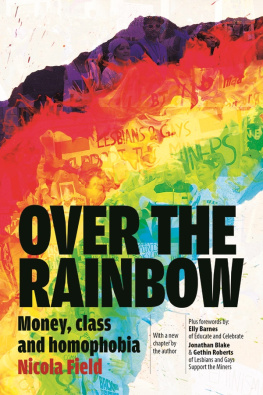
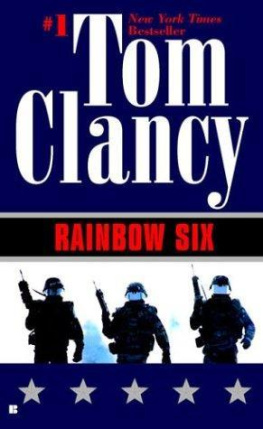

 The paper used in this publication meets the minimum requirements of the American National Standard for Information Sciences Permanence of Paper for Printed Library Materials, ANSI Z39.48-1992.
The paper used in this publication meets the minimum requirements of the American National Standard for Information Sciences Permanence of Paper for Printed Library Materials, ANSI Z39.48-1992.